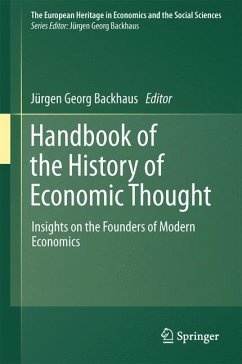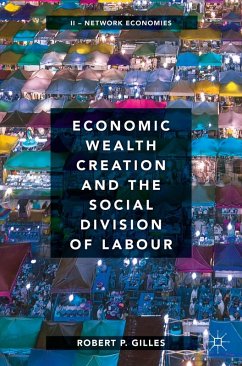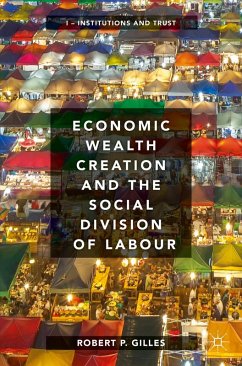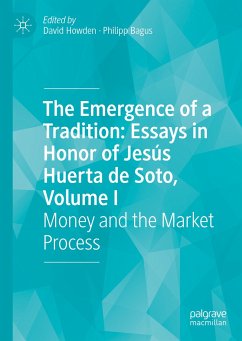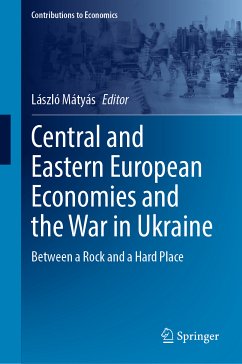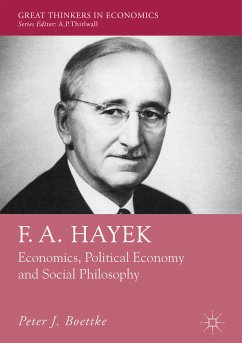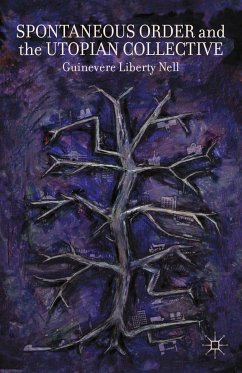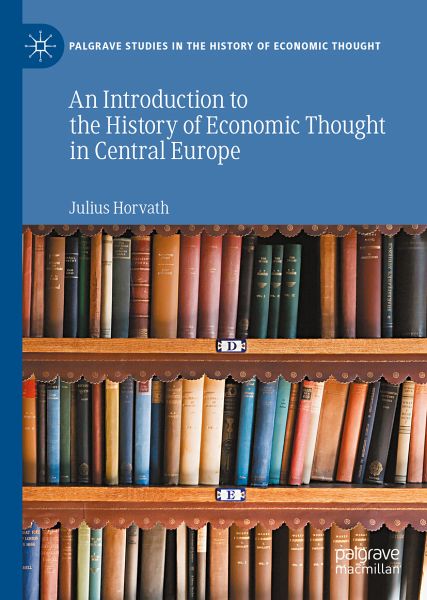
An Introduction to the History of Economic Thought in Central Europe (eBook, PDF)
Versandkostenfrei!
Sofort per Download lieferbar
72,95 €
inkl. MwSt.
Weitere Ausgaben:

PAYBACK Punkte
36 °P sammeln!
This book addresses the comparative history of economic thought in Central European countries where there is a notable common historic heritage and political traits. The author explores issues of Central European identity, Habsburgian and Soviet influence, and nationalistic traditions, and reveals commonalities between Czech, Hungarian, Polish and Slovak economic thought: such similarities proceed to explain aspects of contemporary economic and social policies in these countries. This book aims to highlight connections among Central European economists and will be of interest to economists, ec...
This book addresses the comparative history of economic thought in Central European countries where there is a notable common historic heritage and political traits. The author explores issues of Central European identity, Habsburgian and Soviet influence, and nationalistic traditions, and reveals commonalities between Czech, Hungarian, Polish and Slovak economic thought: such similarities proceed to explain aspects of contemporary economic and social policies in these countries.
This book aims to highlight connections among Central European economists and will be of interest to economists, economic historians, sociologists and historians.
This book aims to highlight connections among Central European economists and will be of interest to economists, economic historians, sociologists and historians.
Dieser Download kann aus rechtlichen Gründen nur mit Rechnungsadresse in A, B, BG, CY, CZ, D, DK, EW, E, FIN, F, GR, HR, H, IRL, I, LT, L, LR, M, NL, PL, P, R, S, SLO, SK ausgeliefert werden.





